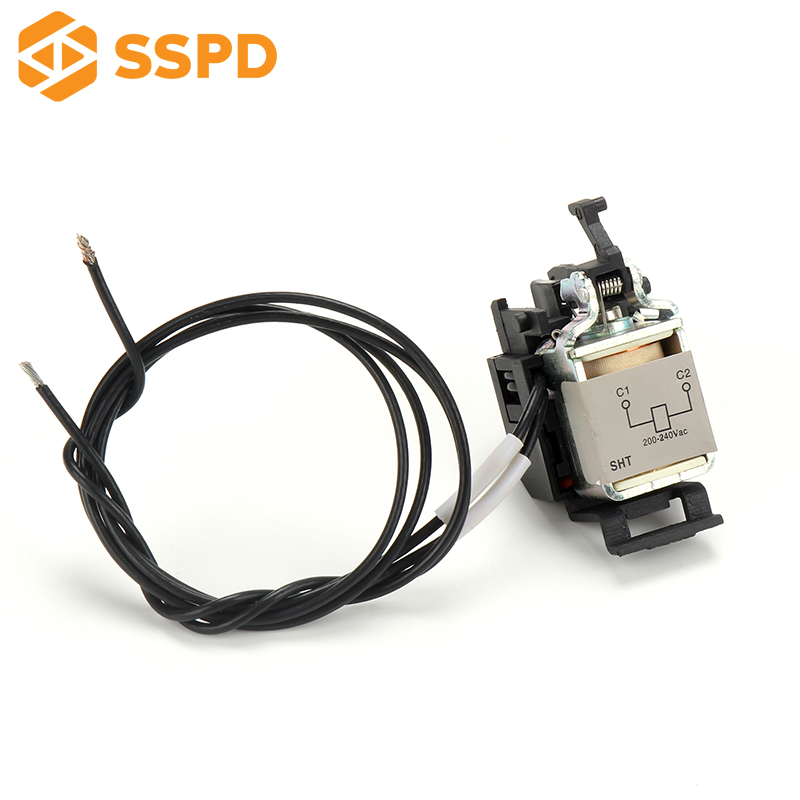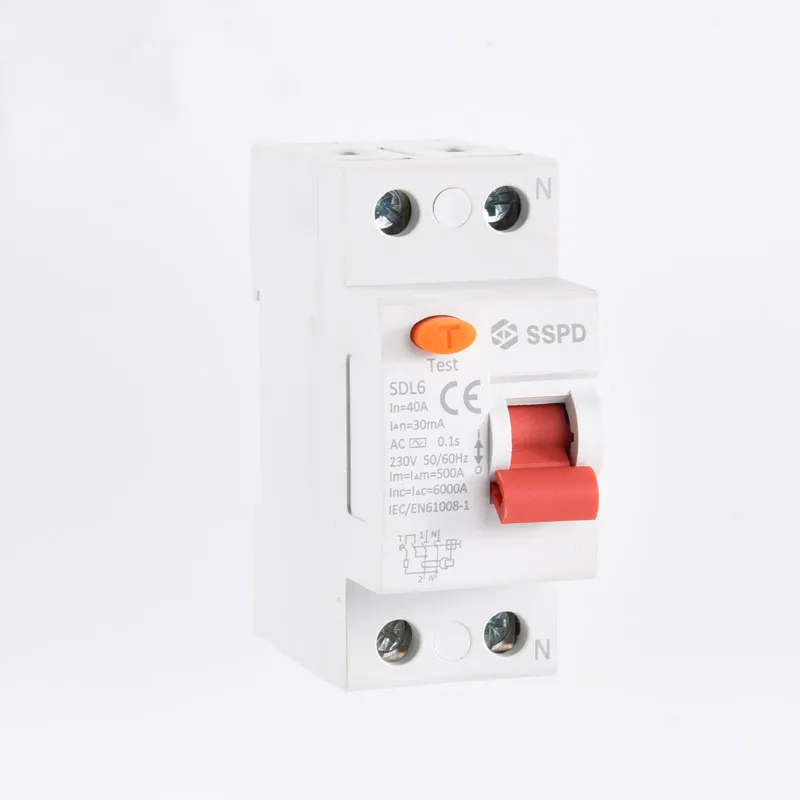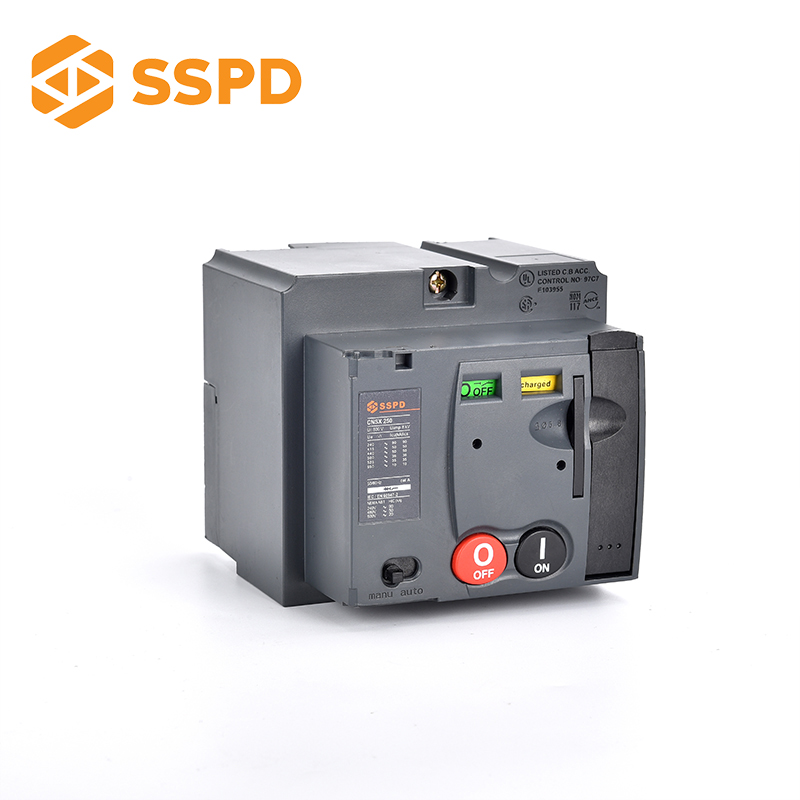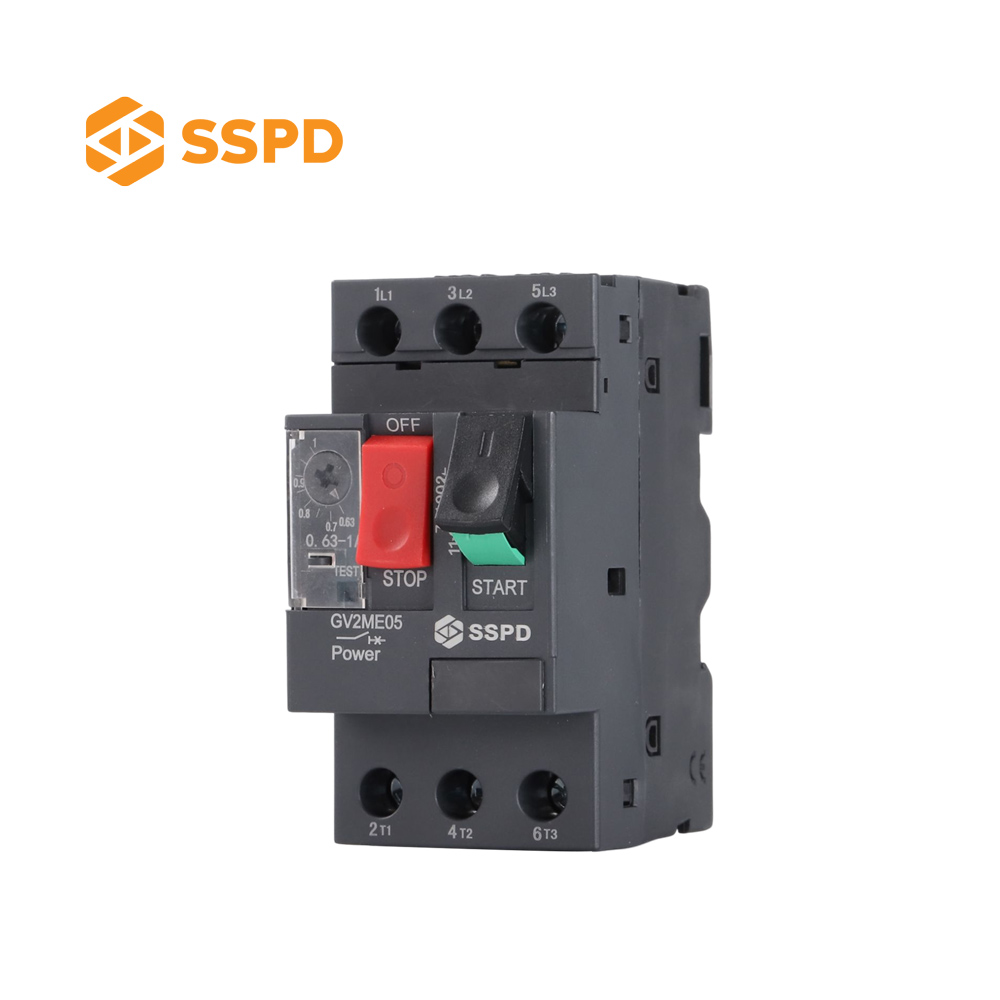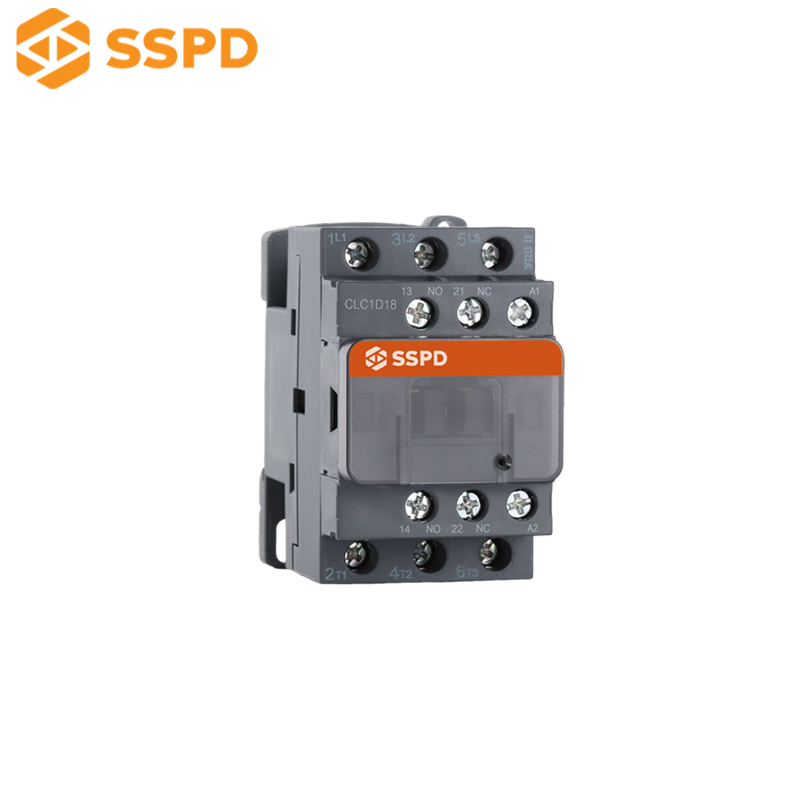AC contactors are essential components in electrical systems, enabling the control of high-power devices through low-power signals. Their primary function is to switch electrical circuits on and off, facilitating the operation of motors, lighting systems, and other heavy-duty equipment. This article delves into the functionality, working principles, and selection criteria for AC contactors, providing valuable insights for professionals and enthusiasts alike.
What is an AC Contactor?
An AC contactor is an electromechanical device designed to control the flow of electrical power in AC circuits. It operates by using an electromagnetic coil to open or close contacts, thereby controlling the connection between the power source and the load. This mechanism allows for the remote operation of electrical equipment, enhancing safety and convenience.

Working Principle of AC Contactors
The operation of an AC contactor is based on electromagnetic principles. When an electric current passes through the coil, it generates a magnetic field that attracts the armature, causing the contacts to close and complete the circuit. Conversely, when the current is interrupted, the magnetic field collapses, and the contacts open, disconnecting the circuit. This rapid switching capability makes AC contactors ideal for controlling motors and other high-power devices.

Key Components of an AC Contactor
An AC contactor comprises several critical components:
Coil (Electromagnet): Generates the magnetic field necessary for operation.
Contacts: Facilitate the opening and closing of the circuit; typically, there are main contacts and auxiliary contacts.
Enclosure: Protects internal components from environmental factors and ensures user safety.
Functions of an AC Contactor
AC contactors serve multiple functions in electrical systems:
Remote Control: Allow for the remote operation of electrical equipment, such as motors and lighting systems.
Overload Protection: When paired with overload relays, they protect motors from damage due to excessive current.
Circuit Protection: Safeguard circuits by disconnecting power during faults or maintenance.
Types of AC Contactors
AC contactors are categorized based on their application and construction:
Electromagnetic Contactors: Utilize electromagnetic fields for operation; widely used in various applications.
Solid-State Contactors: Employ semiconductor components for switching, offering faster response times and longer lifespans.
Definite Purpose Contactors: Designed for specific applications, such as air conditioning systems, with features tailored to those needs.
Selecting the Right AC Contactor
Choosing the appropriate AC contactor involves considering several factors:
Voltage Rating: Ensure the contactor’s voltage rating matches the system’s operating voltage.
Current Rating: The contactor should handle the maximum current expected in the circuit.
Utilization Category: Select a contactor suited for the specific load type and duty cycle, as defined by standards like IEC 60947.
Size and Mounting: Consider the physical dimensions and mounting options to ensure compatibility with the installation site.
Certifications: Opt for contactors with recognized certifications (e.g., UL, CE) to ensure quality and compliance with safety standards.
Maintenance and Troubleshooting
Regular maintenance is crucial for the longevity and reliable operation of AC contactors:
Inspection: Periodically check for signs of wear, corrosion, or damage.
Cleaning: Remove dust and debris from the contactor to prevent overheating and ensure efficient operation.
Testing: Use appropriate testing equipment to verify the contactor’s functionality and performance.
Common issues include contact arcing, coil burnout, and mechanical wear. Addressing these promptly can prevent system failures and extend the contactor’s lifespan.
Conclusion
AC contactors are vital components in modern electrical systems, providing control and protection for various applications. Understanding their functionality, selection criteria, and maintenance requirements is essential for ensuring the safety and efficiency of electrical operations.
For those seeking reliable and high-quality AC contactors, Shendian Electric stands out as a reputable manufacturer. With a commitment to innovation and quality, Shendian Electric offers a diverse range of contactors tailored to meet the specific needs of various industries.
For a visual explanation of how AC contactors work, you might find the following video helpful:

